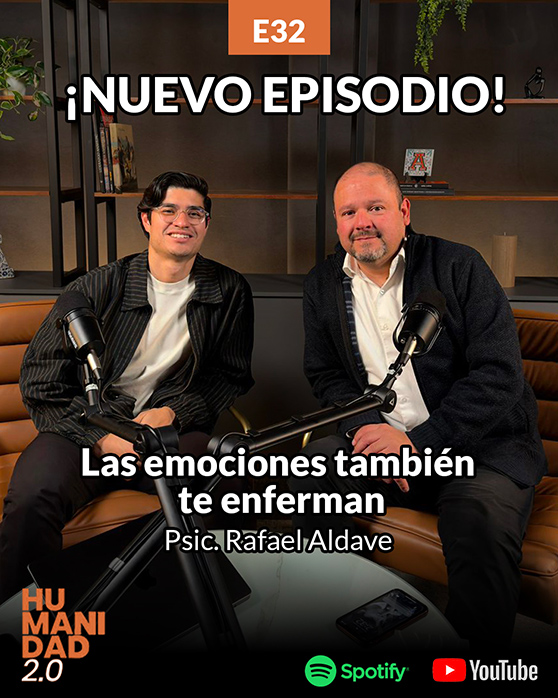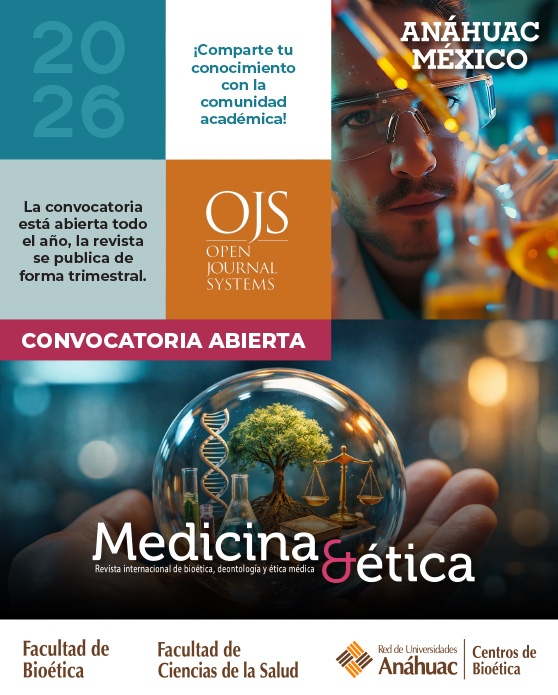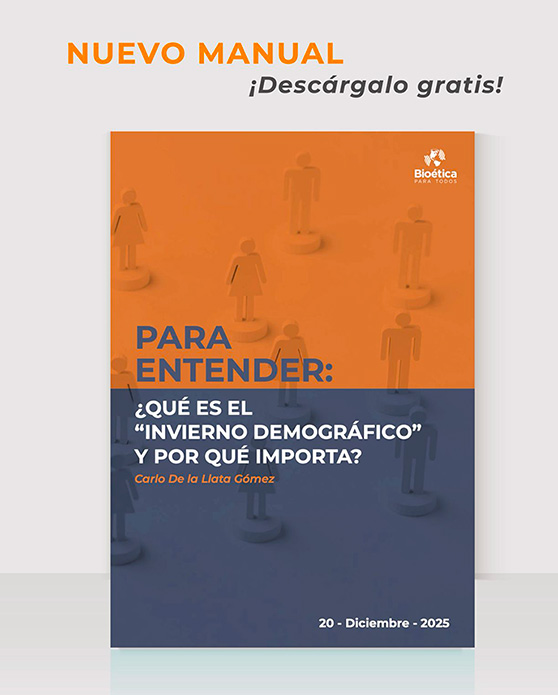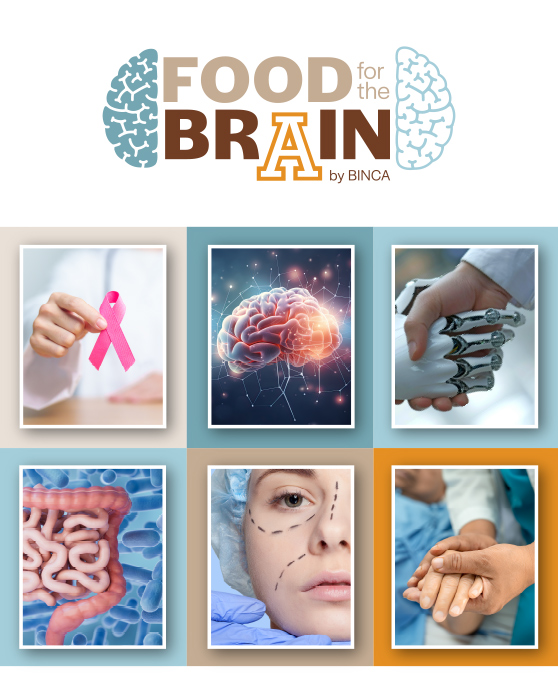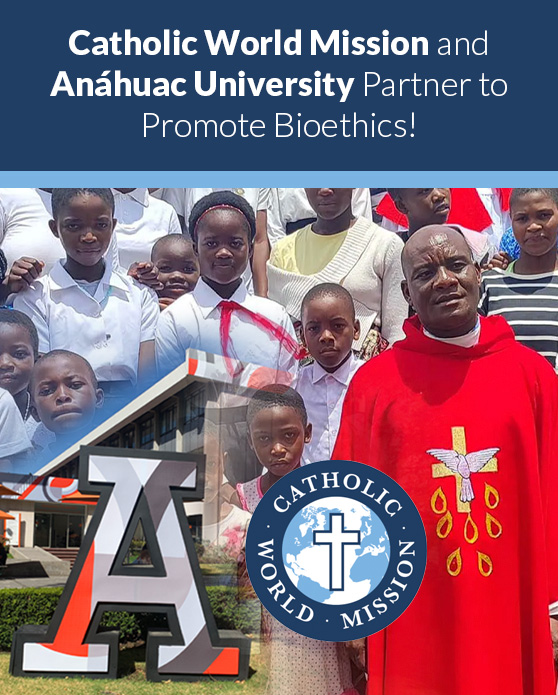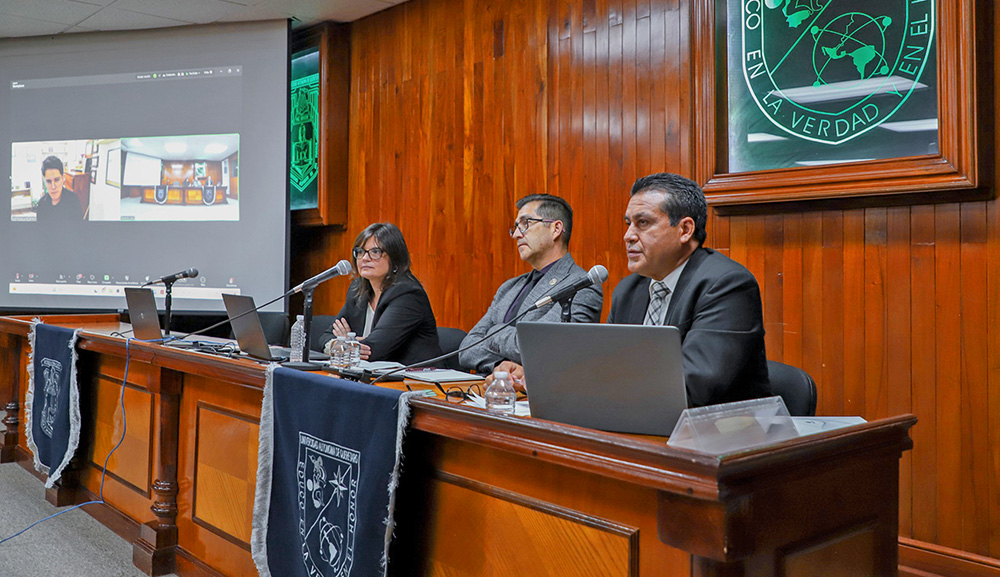
During the congress, we presented the ORIBI, an initiative that seeks to coordinate inter-institutional efforts and strengthen regional collaboration in bioethics research, teaching, and public policy.
The Anáhuac Center for Strategic Development in Bioethics (CADEBI) participated in the 2nd International Congress on Bioethics and Law: "Ethical Challenges and Solutions in 2025," co-organized with the School of Law of the Autonomous University of Querétaro (UAQ) and held from October 13 to 15, 2025, in hybrid format.
The opening ceremony was attended by Dr. Edgar Pérez González, Director of the School of Law; Dr. Jesús Armando Martínez Gómez, Coordinator of the Centro de Investigaciones Jurídicas “Dr. Héctor Fix Zamudio”; Alejandro Sánchez Guerrero, General Coordinator of CADEBI; and Dr. Francisco Javier Ochoa Aguilar, President of the Academia Nacional Mexicana de Bioética.
The Anáhuac Center for Strategic Development in Bioethics (CADEBI) presented the paper “Building Community: The Ibero-American Bioethics Network Observatory (ORIBI)” as part of the first panel, Social and Philosophical Foundations of the Common Good.
This presentation developed the following key points:
Purpose. ORIBI aims to inter-institutionally articulate Ibero-American bioethics (research, teaching, and management) to coordinate efforts, standardize methods, and sustain collaborations.
Problem addressed. To overcome the fragmentation of initiatives, information asymmetries, and limited circulation of best practices among committees, chairs, and centers.
Key components.
- Ibero-American Interactive Atlas: continuous monitoring of activities, collaboration indicators, and a linkage/dissemination network.
- Indicators and dashboards: measure cooperation, compare performance, and identify gaps and opportunities.
- Public engagement: collaborative outreach work to align the Atlas with regulatory and public-policy needs.
Intended uses. Planning of agendas (who does what, where, and with what outcomes), exchange of best practices with alerts on gaps/duplications, and decision support (to prioritize collaborations, calls, and training).
The congress was structured around three interconnected axes: Common Good, Human Rights, and Global Bioethics. Each day opened with a keynote lecture and thematic panels alternating between social/philosophical foundations, legal/regulatory frameworks, and clinical bioethics applications. Keynote speakers included Mattias E. A. Nebel (Bioethics and the Common Good), Alberto García Gómez (Bioethics and Human Rights), and Fernando Lolas Stepke (Challenges of Global Bioethics Twenty Years After the Declaration on Bioethics and Human Rights), setting the interdisciplinary tone of the meeting.
In the Common Good Axis, discussions highlighted the convergence of bioethics, cultural diversity, and sustainable development in Latin America, emphasizing community-building initiatives such as the ORIBI Observatory. The Human Rights Axis moved from its social and philosophical foundations to its normative implementation in Mexico and the region, drawing lessons from public-health emergencies. The Global Bioethics Axis linked regulatory impacts in health and research with their overlap in clinical bioethics, stressing justice and equity in decision-making and post-pandemic learning.
Clinical panels grounded these frameworks in concrete practice: informed consent and shared decision-making, patient self-determination, and the principle of justice in contexts of vulnerability. The format, which included Q&A blocks after each panel, encouraged dialogue between theory, regulation, and clinical cases.
Overall, the congress provided an integrated roadmap for 2025 in which bioethical principles, human-rights demands, and regulatory design converge with clinical practice — proposing situated solutions for Latin America (e.g., procedural justice, environmental regulation, protection in health crises) and reinforcing collaborative platforms such as ORIBI, aimed at translating ethical reflection into public policy and health services.
More information: https://www.youtube.com/@facultaddederechouaq6156
Photography courtesy of Facebook @deruaqro
More information:
Centro Anáhuac de Desarrollo Estratégico en Bioética (CADEBI)
Dr. Alejandro Sánchez Guerrero
alejandro.sanchezg@anahuac.mx

